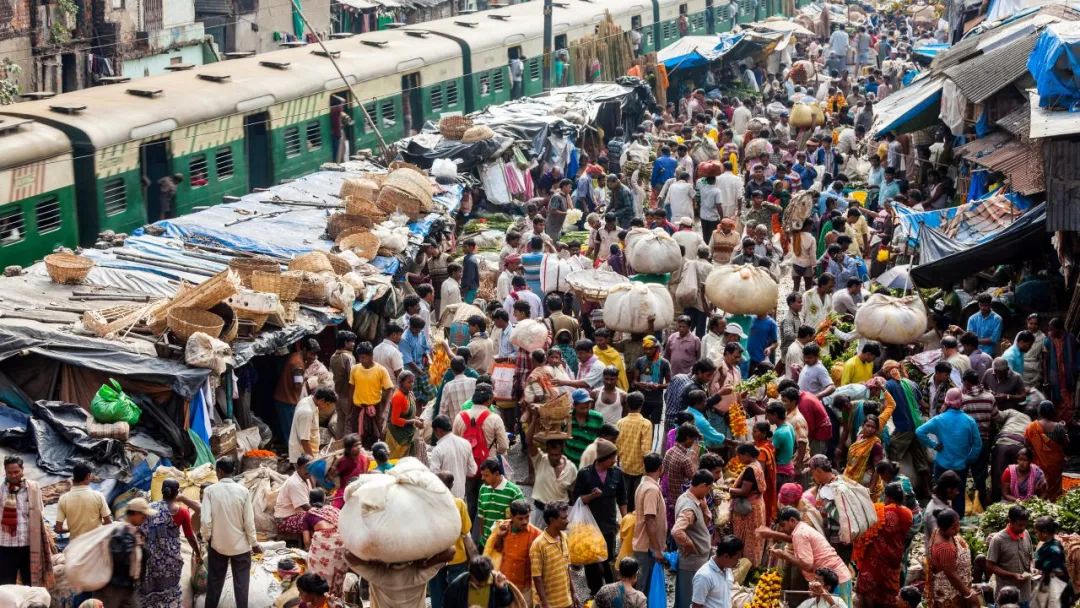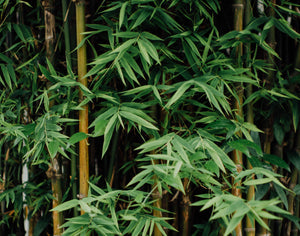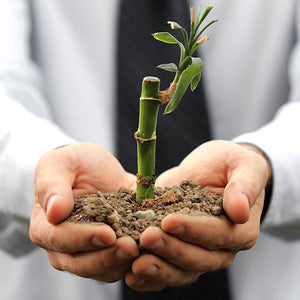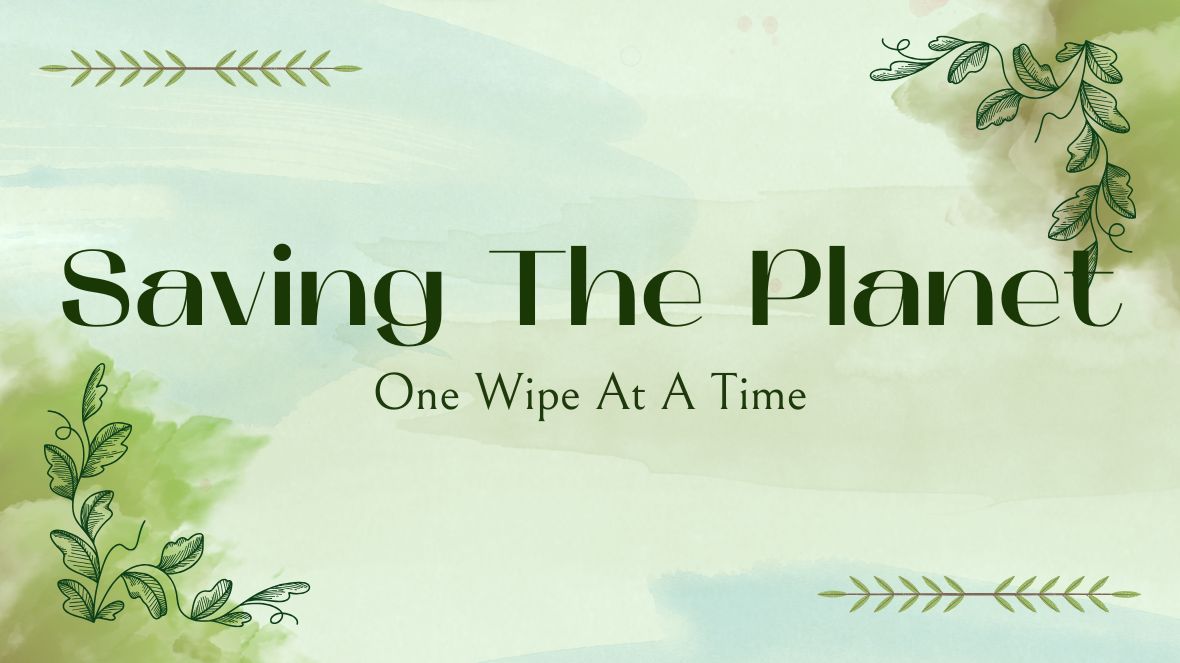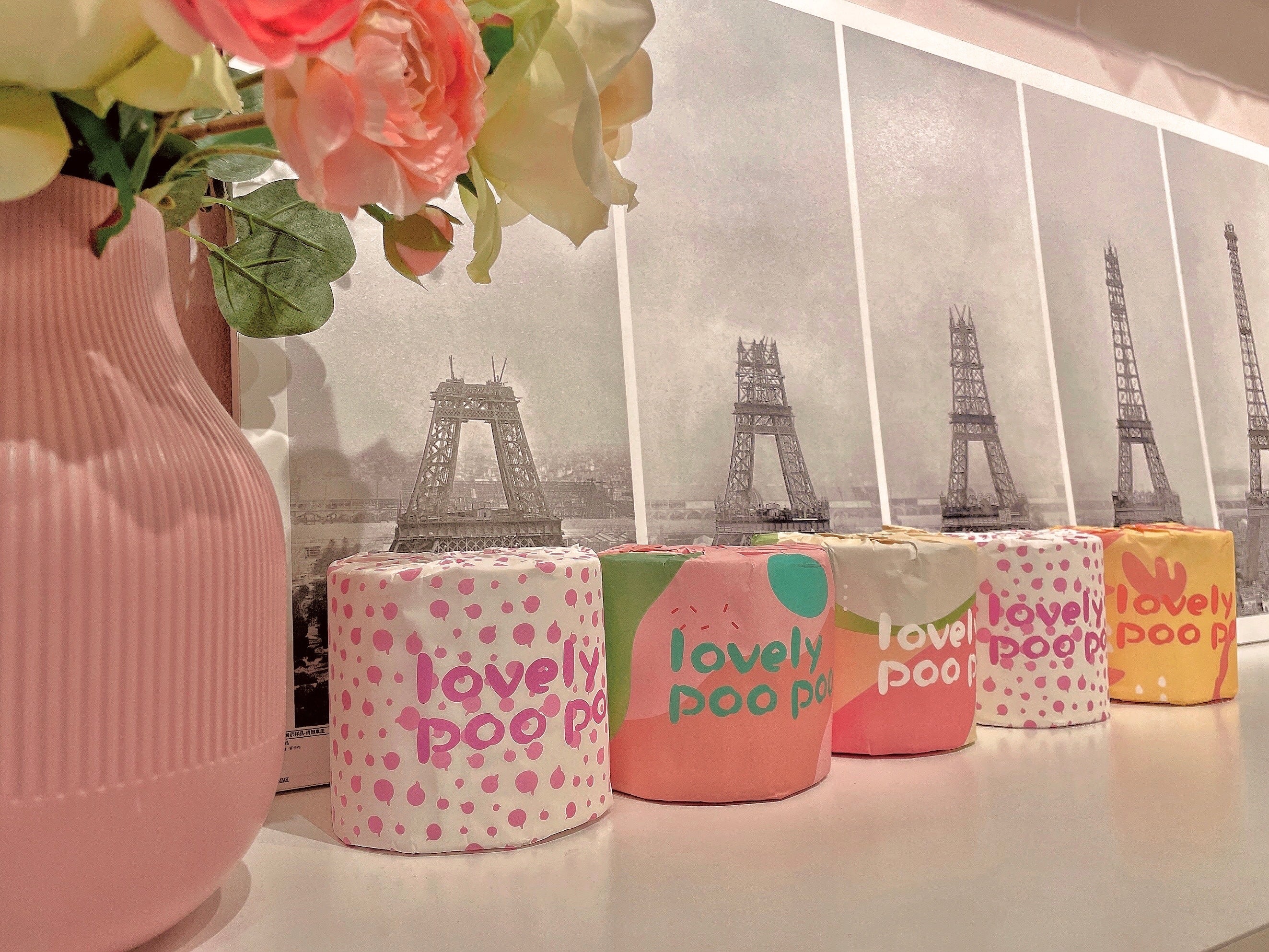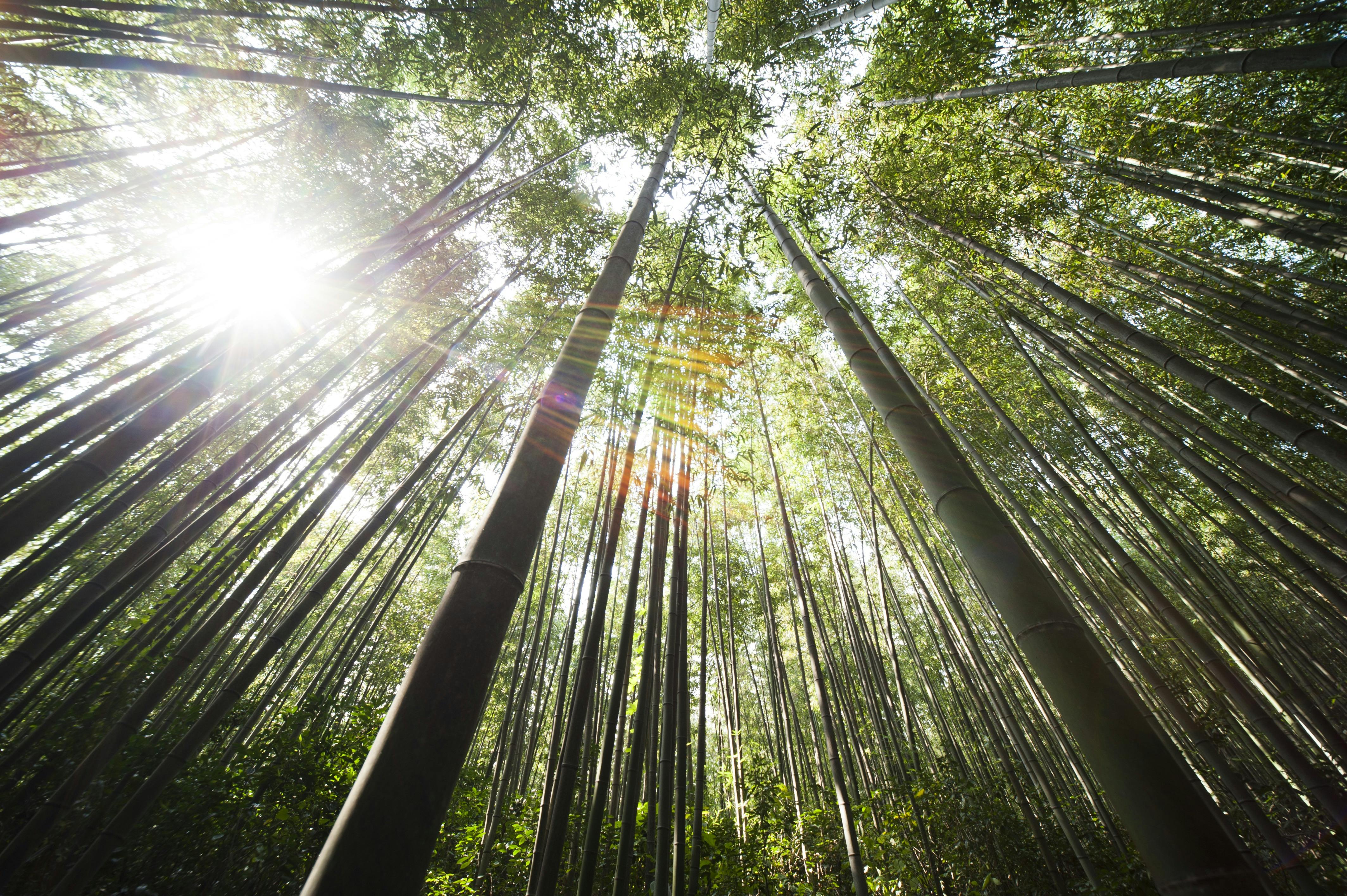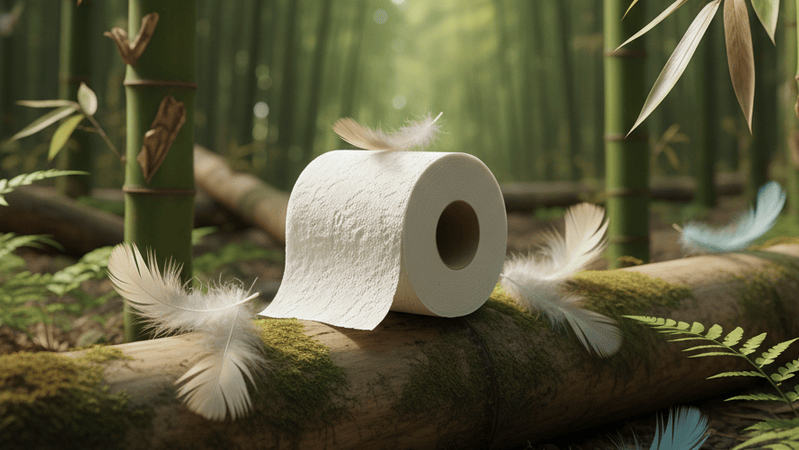According to the United Nations' "World Population Prospects 2022" report, the global population reached 8 billion on November 15, and human development once again ushered in a new milestone.
If we look at the growth graph of the Earth's population across time and space, we find a trend line that goes from slow growth to rapid surge. During the 300,000 years since the emergence of Homo sapiens, different civilizations pursued health, longevity, and population prosperity. However, it was not until the beginning of the 19th century that the world’s total population reached 1 billion, and it took another century for the number to double. some. The figure represents an increase in the global population of 1 billion in just 12 years, the United Nations said in a statement.
"This unprecedented increase is the result of gradual increases in human life expectancy due to improvements in public health, nutrition, hygiene and medicine. It is also a result of persistently high fertility rates in some countries," the UN statement read. The jump in the total population is an indication that the life span of human beings is extending and the overall mortality rate is decreasing, which reflects the increase in the number of years of peace in the human world, the improvement of material standards, the advancement of medical technology, and so on. In general, the global population reaching 8 billion is a great success for mankind. And the diversified life behind the huge numbers will become the source of colorful and splendid living water in the world, containing infinite possibilities for the development and creation of the world in the future.
Middle-income countries, mainly in Asia, have accounted for most of the population growth over the past decade, adding about 700 million people since 2011. India has added about 180 million people and will surpass China as the world's most populous country next year.
Most of the 2.4 billion people expected to grow before the global population peaks will be born in sub-Saharan Africa, marking a population shift away from China and India, according to the United Nations.
Environmental impact:
Of course, opportunities and challenges always coexist. Reaching a global population of 8 billion "is an opportunity to celebrate diversity and progress, while taking into account humanity's shared responsibility to the planet," UN Secretary-General António Guterres said in a UN statement.
Many people worry about a question: How long can the earth hold on to an unprecedentedly large population? This reminds one of the famous saying, "There is enough in the world to satisfy everyone's needs, but not enough to satisfy everyone's greed". The food, clothing, housing and transportation of 8 billion people must rely on the huge consumption of the earth's resources. A key to sustainability lies in whether people know how to be temperate and self-disciplined. For example, Americans, who account for 5% of the world's total population, consume 23% of the world's energy and waste nearly 150,000 tons of food every day. Some scholars pointed out in the paper, "If everyone lives like the middle class in the United States, the earth may only have the carrying capacity of about 2 billion people." The first question of the survival of thinking.
For 8 billion, each person is but a drop in the ocean, but no one is an island. What will happen to the world in the future and where human beings will go, even the most accurate prophets can’t tell, but we should know that only by respecting nature, respecting each other, and sharing responsibilities can we pursue the greatest certainty together. Just like the belief that Lovely Poo Poo has always adhered to: protect trees, save the earth , choose the most economical way to protect our homes within limited natural resources.
As the global population grows, there will be fewer resources available to use, whether it's food or water, batteries or gasoline. Trees are being consumed even more, so how much we choose to consume is just as important, suggesting that policymakers can make a big difference by forcing a shift in consumption patterns. It is also the best time for us to change our consumption concept and pursue a green life. The ever-increasing population on Earth puts even greater pressure on nature. Meanwhile, rapid population growth combined with climate change could also lead to mass migration and conflict in the coming decades, experts say.
According to a 2020 analysis by the Stockholm Environment Institute and the nonprofit Oxfam International, between 1990 and 2015, the richest 1 percent, or about 63 million people, emitted as much carbon as the poorest half of humanity twice as much.
Trees are one of the most important ways to absorb carbon dioxide in the world. Due to people's selfish needs, continuous cutting and consumption, the resources of trees on the earth are becoming less and less. Some people will definitely say that trees can grow continuously and be used repeatedly, but it takes 10-30 years for trees to grow, during which many of the same resources are constantly being consumed. Choose our Lovely Poo Poo Bamboo Paper and do your part to save the planet.
Why Choose Lovely Poo Poo? Why Choose Bamboo Toilet Paper?
Our bamboo toilet paper has FSC certified, 100% bamboo product,Soft & Strong toilet paper made sustainably. And It's No inks. No dyes. No BPA. Just natural bamboo paper.Recommend you to try our products, you will feel incredible.
Better for the Planet
Saves the planet and goes tree-free, our Bamboo Paper is FSC Certified and made of 100% organic premium bamboo fiber. It’s super soft, and much better for the planet than regular toilet paper thanks to its eco-friendly materials and plastic-free packaging.
Better for you
Treat your skin to the softness of bamboo. Bamboo is naturally hypoallergenic, making our 3-ply toilet paper safe for everyone in the family. Safe for sensitive skin and made without inks or dyes that can irritate delicate skin.
Some content was originally published on cnn.
